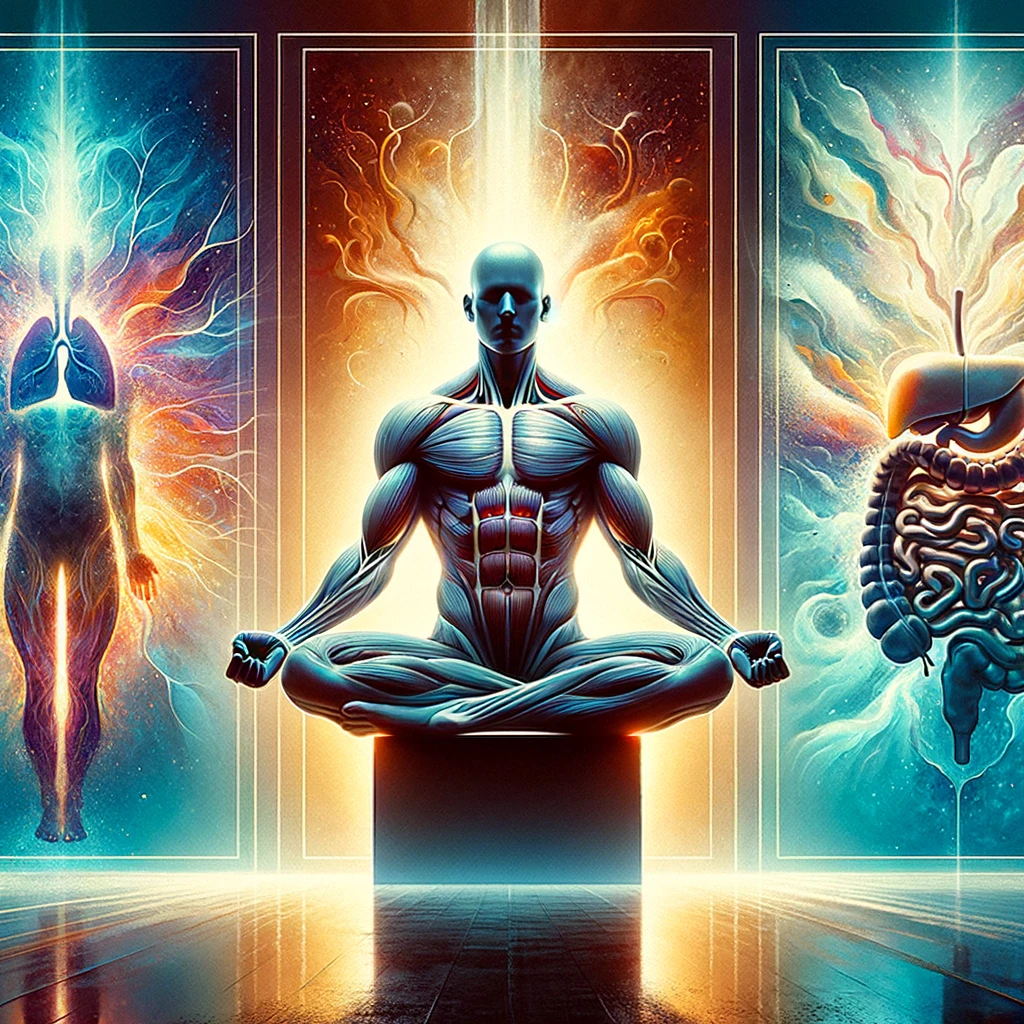Physical health and mental well-being are closely interconnected, with each influencing the other in significant ways. It is well established that maintaining good physical health can have a positive impact on mental well-being, while poor physical health can contribute to the development of mental health issues.
One of the most obvious ways in which physical health influences mental well-being is through the release of endorphins during exercise. Physical activity has been shown to release feel-good chemicals in the brain, including endorphins, which can improve mood and reduce feelings of stress and anxiety. Regular exercise has also been linked to the prevention of mental health disorders such as depression and anxiety.
Furthermore, proper nutrition is essential for maintaining both physical and mental well-being. A balanced diet rich in fruits, vegetables, lean proteins, and whole grains can provide the nutrients needed to support brain function and mood regulation. On the other hand, a diet high in processed foods, sugar, and unhealthy fats can contribute to inflammation in the body and negatively impact mood and cognitive function.
Getting an adequate amount of sleep is also crucial for both physical health and mental well-being. Sleep deprivation has been linked to an increased risk of developing mental health disorders such as depression and anxiety, as well as physical health issues like obesity and heart disease. A good night’s sleep allows the body to repair and recharge, leading to improved cognitive function and emotional well-being.
Chronic physical health conditions can also have a significant impact on mental well-being. People living with conditions such as diabetes, heart disease, chronic pain, or cancer often experience higher rates of depression and anxiety. The stress of managing a chronic illness, along with the physical symptoms and limitations it may cause, can take a toll on mental health.
Conversely, mental health issues can also affect physical health. Conditions such as depression and anxiety have been linked to an increased risk of developing chronic illnesses such as heart disease, diabetes, and obesity. Additionally, individuals with mental health disorders may be more likely to engage in unhealthy behaviors, such as smoking, excessive alcohol consumption, or poor dietary choices, which can further impact physical health.
Overall, it is clear that there is a strong link between physical health and mental well-being. Taking care of your body through regular exercise, proper nutrition, adequate sleep, and medical check-ups can help support optimal mental health. Likewise, addressing mental health issues through therapy, medication, or other treatments can improve overall physical health and quality of life. By prioritizing both physical and mental well-being, individuals can lead happier, healthier lives.
 The Link Between Physical Health and Mental Well-Being_Tips and Resources[DALL·E 2024-03-16
The Link Between Physical Health and Mental Well-Being_Tips and Resources[DALL·E 2024-03-16 - “Spark: The Revolutionary New Science of Exercise and the Brain” by John J. Ratey
- “The Mind-Gut Connection: How the Hidden Conversation Within Our Bodies Impacts Our Mood, Our Choices, and Our Overall Health” by Emeran Mayer
- “The Sleep Solution: Why Your Sleep is Broken and How to Fix It” by Chris Winter
- “Mind Over Meds: Know When Drugs Are Necessary, When Alternatives Are Better—and When to Let Your Body Heal on Its Own” by Andrew Weil
- “The Stress-Free Life: Eliminate Stress, Improve Your Health, and Create the Life You Want” by George M. Hoffmann
- National Institute of Mental Health (https://www.nimh.nih.gov/) – Offers comprehensive information on mental health disorders, research, and treatment options.
- Harvard Health Publishing (https://www.health.harvard.edu/) – Provides evidence-based articles on various aspects of health and well-being.
- Anxiety and Depression Association of America (https://adaa.org/) – Dedicated to promoting the prevention, treatment, and cure of anxiety, depression, and related disorders.
- MentalHealth.gov (https://www.mentalhealth.gov/) – A government-run website providing information and resources on mental health.
- Mindful (https://mindful.org/) – Offers resources, articles, and guided meditations for mindfulness and well-being.















